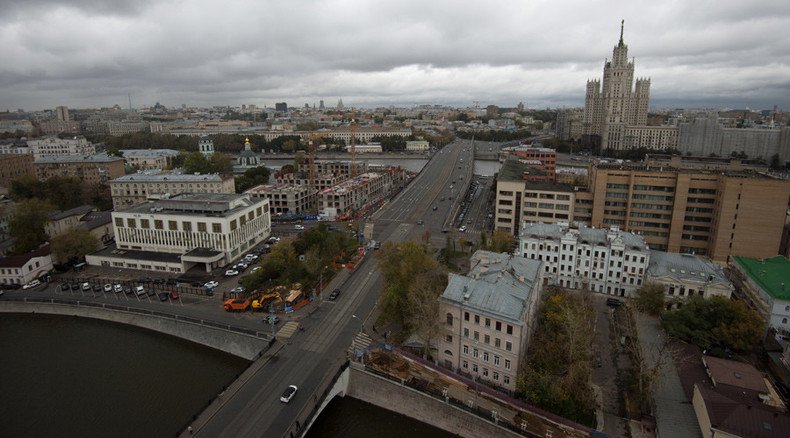‘The culture of ostracizing Russia continues’ – British MP

One observation which is made often about Parliament is that it is too “rowdy” and belligerent, and that political consensus would be more beneficial. However, that is not the case with regards to Russia, writes Daniel Kawczynski MP, a member of the House of Commons Foreign Affairs Select Committee.
I would argue that it is when Parliament is completely united with no dissenting voices that real tactical errors can be made; parliament should be a forum for rigorous debates where sharply contested specifics are challenged and debated.
Unfortunately, this is not the case with regard to our relations with Russia. There is almost unanimous consensus across the whole of the political spectrum that Russia is not to be trusted; that it is an aggressor, and has malign ulterior motives in its engagement in Syria.
READ MORE: Insult to our intelligence: New information war against Russia
It is not only the vast majority of politicians who cling to a Cold War perspective of the Russian Government, but also most mainstream media commentators. No senior statesman has publicly challenged this stance and no one wants to put their head above the parapet. So, the culture of ostracizing Russia continues and the possibility of joint engagement with the troubling regimes of North Africa and the Middle East remain in the margins of political society.
As this sentiment pervades there are two profound consequences.
First of all, many of the home-grown businesses in our constituencies have had any opportunities to export to Russia wiped out. A great deal of the cultural technical co-operation between our two countries has been snuffed out and, as things currently stand, there is no end of these sanctions in sight.
Secondly, we are grappling around in the Middle East trying to contain an ever increasing number of highly toxic conflagrations stretching from Libya to Syria, Yemen and Iraq which, if not addressed, could lead to the worst possible threat to the security of Europe since WW2. We intervened in Libya and have not managed as yet to stabilize that country. The same can be said of Iraq and now there are many people who challenge Russian intervention in Syria.
READ MORE: Terrorist cancer: ‘Do we want to remove IS? Does it matter who removes them?’
While the West has clearly failed to deal with the mounting humanitarian crisis in Syria, Russians have become so concerned about the spread of ISIS and the potential for radicalization within their own country that they have decided they have no other option but to intervene.
We must acknowledge that we cannot, will not and arguably should not, have exerted ultimate Western influence throughout North Africa and the Middle East. Indeed, it is vital that we put aside our differences with Russia and work constructively with them to ensure this appalling threat to stability in our neighborhood is eliminated.
I very much hope we will start to have a genuine debate in the House about our engagement with Russia and take the time to understand their perspective. We must work collaboratively with them within the United Nations to foster better relations between our nations.
READ MORE: Russia will succeed where West probably didn’t want to – Assad’s aide to RT
While this is happening, our strong NATO alliance will continue and I have called for greater NATO presence in Poland and the Baltic States. The new demarcation lines between Russia and Europe are here to stay and a clear message to President Putin is that we will not allow destabilization of any of our NATO partners.
But let us put our differences aside, work collaboratively in the Middle East as genuine partners to tackle this growing threat. We had to put aside our opposing perspectives during WW2 to defeat fascism at a time when the fault lines between Stalin and Churchill were even greater than they are today between the two nations.
Nevertheless, that agreement was reached given the mutual objective to defeat a common enemy.
ISIS is becoming an ever greater threat to both Europe and Russia and we must put aside our suspicions and work together to defeat them.
LISTEN MORE:
The statements, views and opinions expressed in this column are solely those of the author and do not necessarily represent those of RT.












